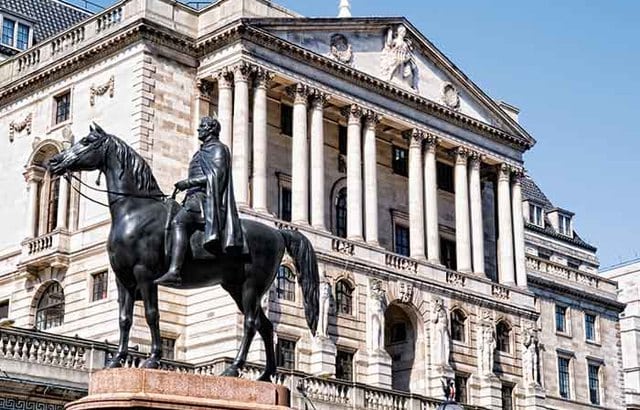The latest flash composite purchasing managers index (PMI) for the UK fell to an 11-month low of 53.3 in January, down from 53.6 in December, as Covid restrictions and consumer caution weighed on activity, according to research firm Capital Economics.
While it is the third consecutive decline in the IHS Markit/Cips Flash PMI for the UK, the country fared better than the eurozone which recorded a drop to 52.4% from 53.3% the previous month.
“The recent fall in Covid-19 cases, relaxation of restrictions and signs of easing supply shortages suggest the economy will recover quickly,” Adam Hoyes, assistant economist at Capital Economics, said.
Diverging experiences
Unsurprisingly, the decline in the composite measure was driven by the services sector. But Hoyes said that the “fall in Covid cases, alongside the decent recovery in the new orders balance, suggests to us that the sector is well placed to rebound over the remainder of Q1”.
The manufacturing PMI, however, painted a more positive picture.
While the headline rate also fell to an 11-month low of 56.9, the output balance rose to a five-month high of 53.8.
“Some of the decline in the headline figure was because suppliers’ delivery times lengthened at the slowest pace since November 2020. This is a tentative sign that both labour and product shortages may be beginning to ease,” Hoyes said.
While the manufacturing sector reported slower price growth, the reverse was true for the services sector.
As a result, the composite input and output price balances rose to their second- and third-highest levels, respectively, since the surveys began in the late 1990s.
“That’s broadly consistent with our forecast for CPI inflation to peak at over 7%.”
Hoyes continued: “All told, this PMI survey suggests the economy is still suffering with a hangover from the surge in Omicron cases.
“Even so, we think GDP will recover fairly swiftly over the rest of Q1. And the further rise in the price balances supports our forecast for CPI inflation to climb higher in the coming months.
“That means that the Bank of England is likely to raise bank rate from 0.25% to 0.5% on 3 February,” he added.










